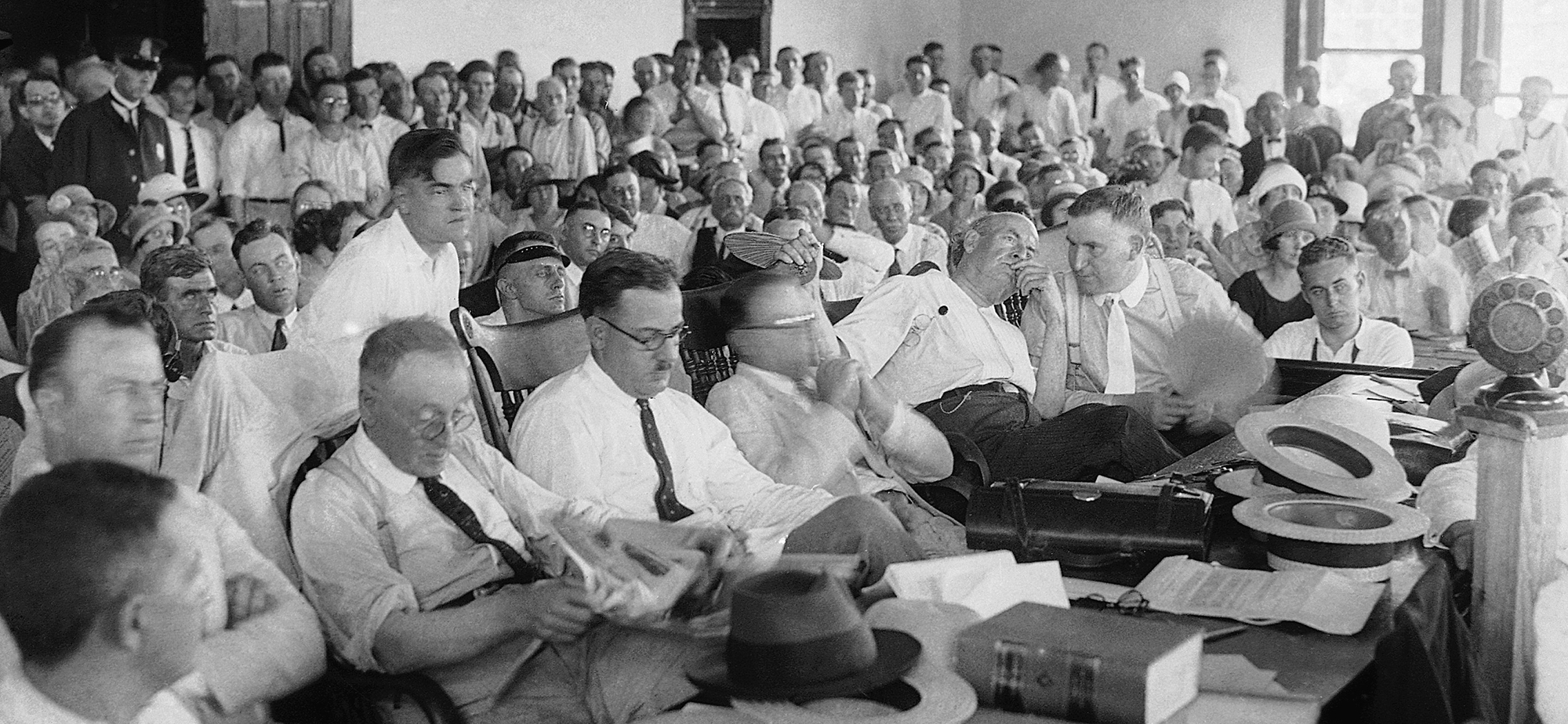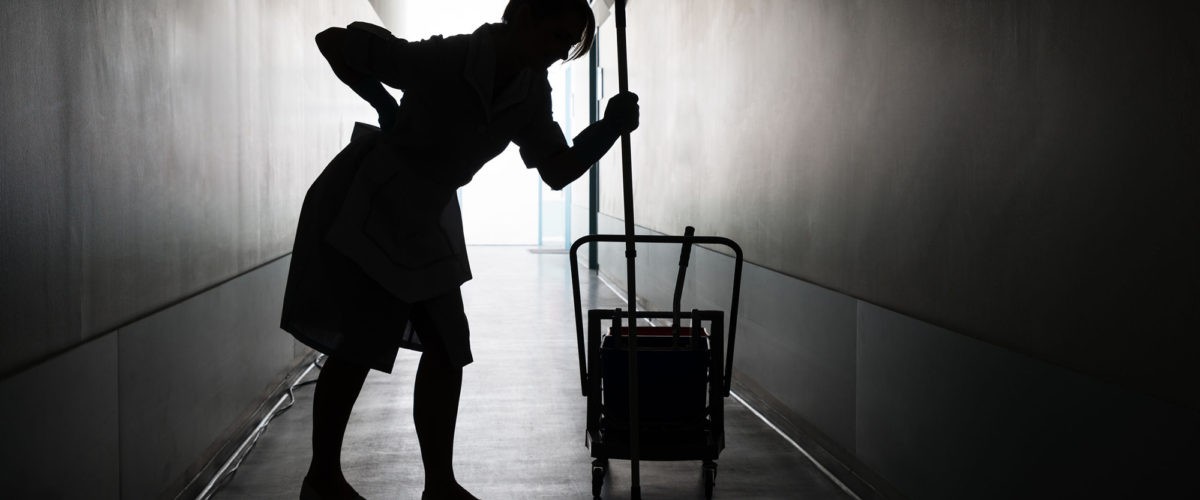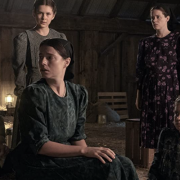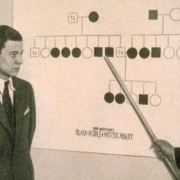A new metaphor could change the views of white evangelical conservatives
This article originally appeared at Baptist News Global on August 29, 2023.
Commemorating the 60th anniversary of the March on Washington is an opportunity to reflect not only on the vision of Black liberationists, but also on how conservative white evangelicals’ resistance to change is continuing through an entitlement to power rooted in insecurity.
Al Sharpton, president and founder of the National Action Network, recently said, “The March on Washington will not just be a commemoration but a continuation of what Dr. King and our predecessors started.”
Martin Luther King III added: “Despite the significant progress we have made over these six decades, we need to rededicate ourselves to the mission my dad gave his life for. It is difficult to not be disgruntled with everything going on in the world. Black and brown Americans are the target of violence, and our most vulnerable citizens are losing hope that brighter days are ahead. We have to do better. We have to hold our elected leaders accountable, and this anniversary gives us the opportunity to not just commemorate his historic calling, but to continue his efforts to make life better for everyone.”
Many of the communities who are continuing these efforts today are progressive Baptist churches. But as always has been the case amid white evangelical communities, there is resistance to change. And as part of the continuation of King’s vision, it’s important to reflect on why.

Court scene of Scope’s trial, 1925. (AP Photo)
A commemoration of changelessness
Fundamentalists long have resisted change in culture. When evolution was being taught in public schools a century ago, fundamentalists feared “we are going to become a nation of atheists.”
When segregation began to be questioned, fundamentalists feared the “established order” would be overthrown.
In the purity culture of the 1980s and 1990s, fundamentalists feared women’s changing bodies posed a threat to men’s unchanging ministries.
The theme of changelessness is one all of us who grew up in conservative Christianity have heard. While the culture around us changes, truth is eternal. While values about morality change, God never changes. To change something like dress or music style might lead down the slippery slope to LGBTQ affirmation.
The result of God never changing and the Bible never changing, in their minds, is that we never should change.
Although many of us left fundamentalism and began changing on issues we considered to be secondary and tertiary matters, we never questioned the way we thought about issues of first importance. And in the case of some conservative evangelical Calvinists, the immutability of God interpreted through absolute sovereignty means we can’t change either.
“Since God knows everything — past, present and future — since God ordains everything — past, present and future — sovereignly designs everything to his own ends, and there is nothing outside of that design and that knowledge and that plan, there can’t be any changing,” John MacArthur said in a Q&A session in 2022. “Whatever your relationship to him is, it will not change. If you are an unbeliever and you are his enemy, you will be that forever, and you will suffer the consequences of rejecting him.”
“This level of commitment to immutability means no meaningful participation in liberating the oppressed is possible.”
This level of commitment to immutability means no meaningful participation in liberating the oppressed is possible. So to participate with our Black neighbors in their liberation from the oppression of white supremacy, those of us who have spent years in conservative evangelicalism need to be willing to re-examine how we’ve thought about and applied the theological underpinnings of established orders and immutability we’ve used to justify our own resistance to change.
Of course, conservative evangelicals imagine if they were to start questioning their assumptions about the immutability of God and the truth of the Bible, the entire firm foundation beneath their feet would get taken out from under them. In their minds, they would become a house built on shifting sands. And we all grew up singing about what happens to the walls of those towers when the rains come down and the floods come up.
How white theological conservatives think things have changed
In a 2022 panel Q&A at Masters Seminary, Darrell Harrison said the reason Black Lives Matter and Critical Race Theory have made such inroads “is because we’ve got a bunch of cowards in the church.”










Leave a Reply
Want to join the discussion?Feel free to contribute!